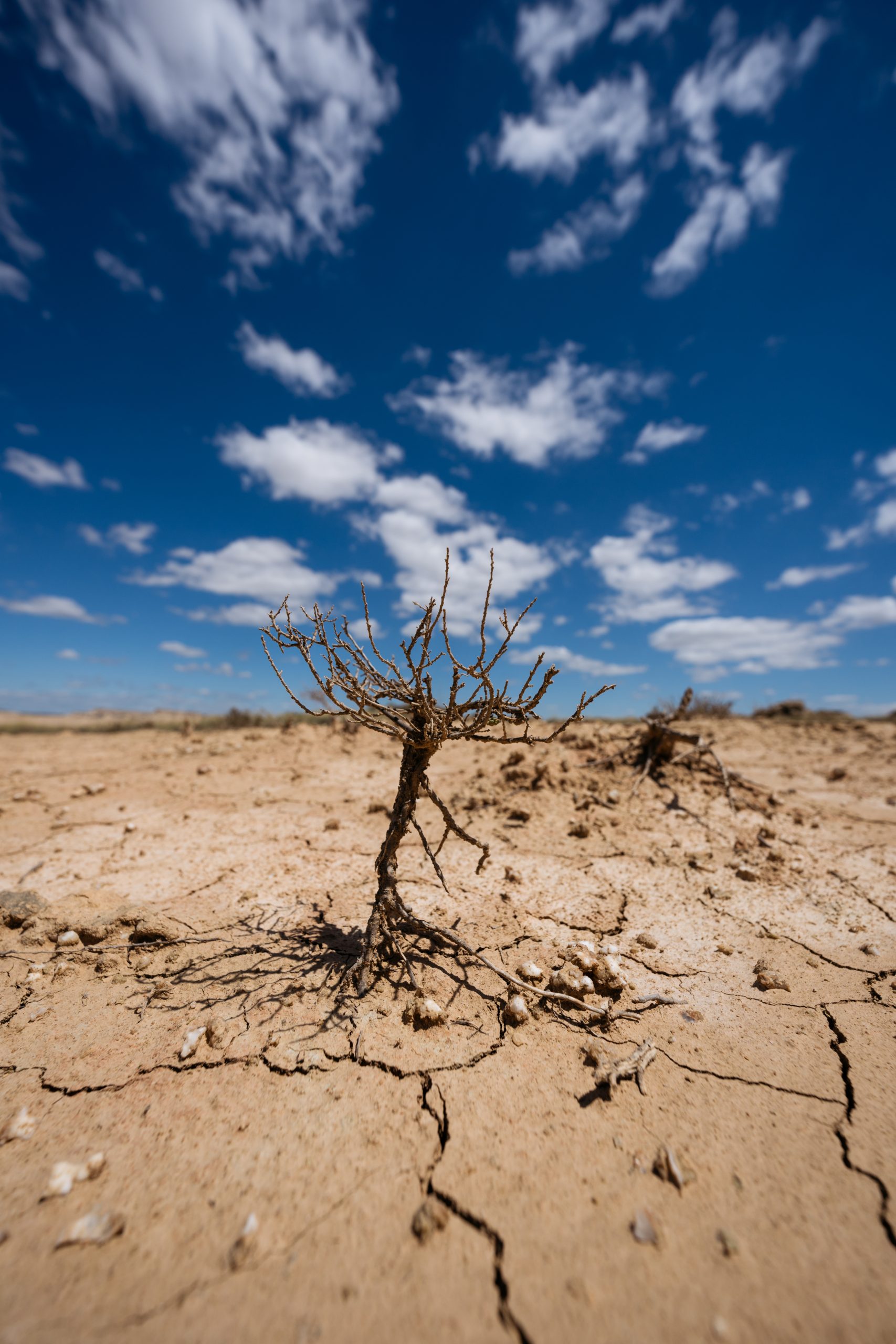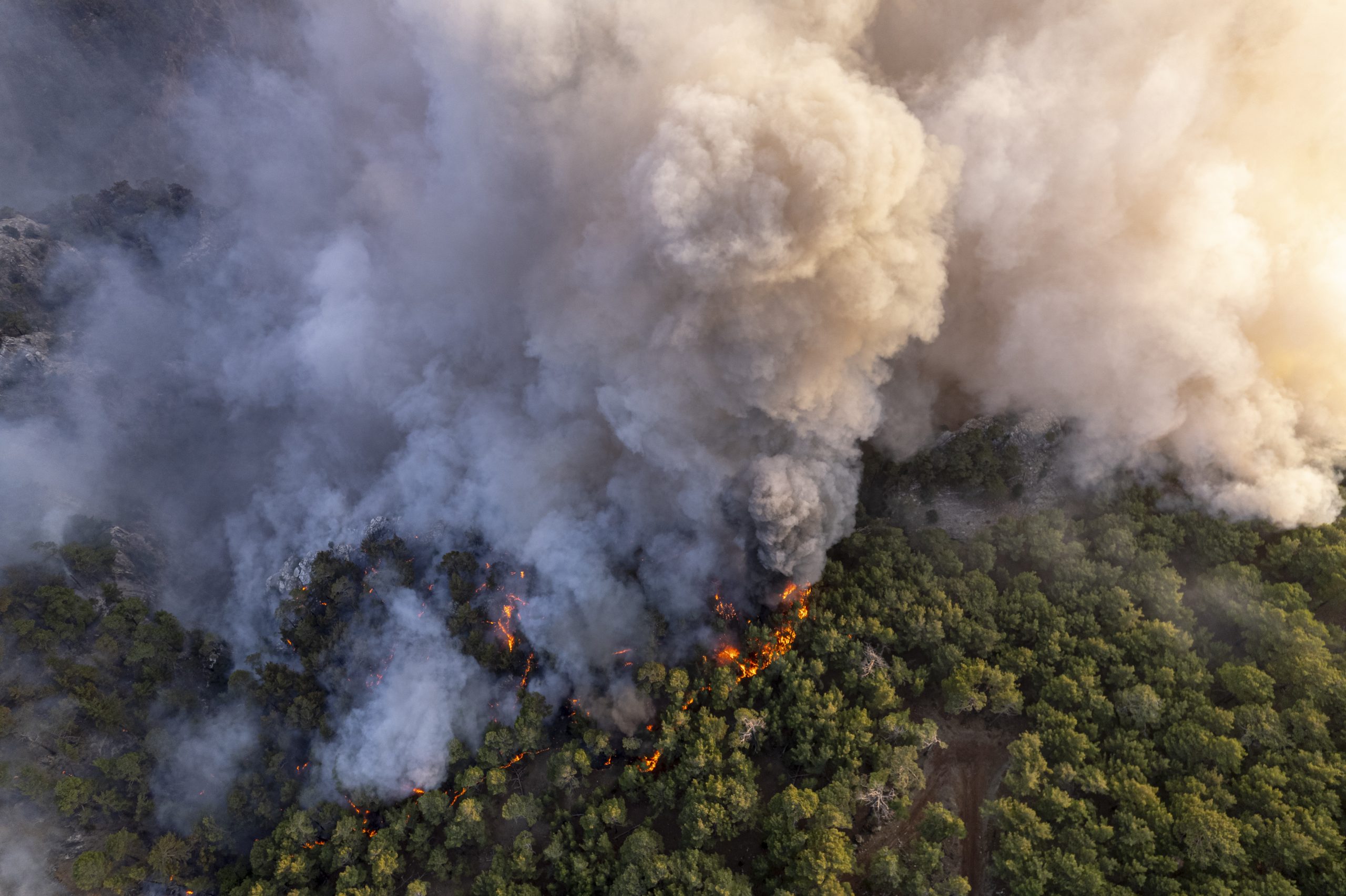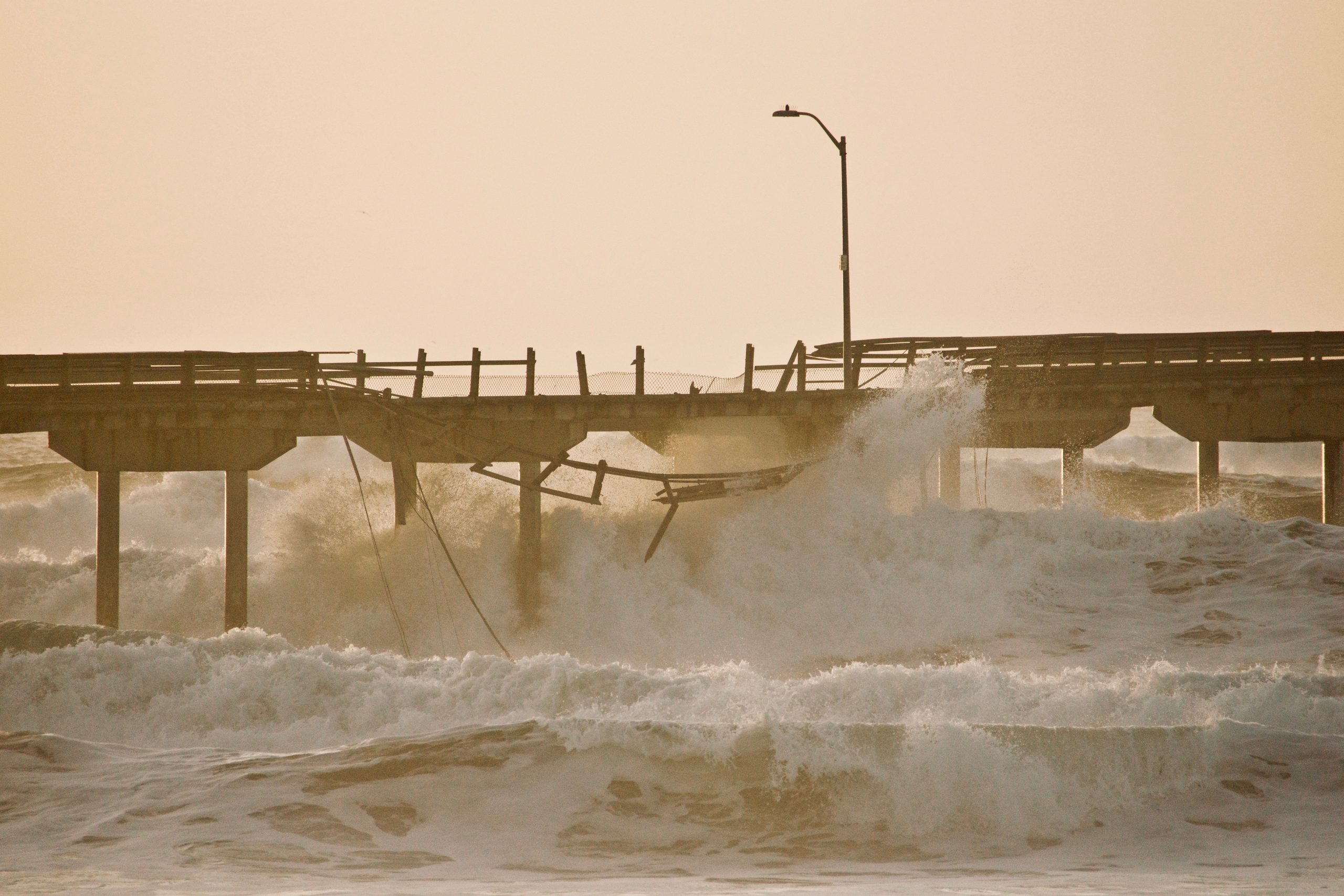

Let us imagine that we have all gathered at the airport to see off the much beloved 17-year-old Maya, who is off to participate in the Model United Nations conference. And we hear an announcement that, due to overbooking and excess freight, the airplane must accommodate more people and reduce half its fuel, involving a delay and seat changes. What will your reaction be? Are you going to say: “There is no cause for worry. Maya, let’s make sure you don’t lose your Premium Economy seat” or are you going to hesitate and say “It is insane that the airline is swapping fuel for freight – it will run out of fuel when it’s over the ocean! We better take Maya and all the other passengers off this flight and figure out a new plan- Maya, you may have to participate remotely”.
Before the announcement, boarding the flight seemed like a wonderful plan, but if something suddenly were to change – such as information about a major mechanical problem or a bomb on board, then boarding the flight would seem ludicrous!
But, as a species and a country, that is exactly what we are doing on the issue of the Climate Crisis. Our response to an existential threat has been decision paralysis, denial, delusional optimism, and above all, woefully inadequate and glacial action.
When the COVID-19 pandemic broke loose in December 2019, after an initial period of confusion and panic when bodies started piling, the entire world economy came abruptly to a standstill, and we all found ourselves in quarantine. Across the globe, governments, industry, citizens and institutions displayed new behavioral patterns and partnering in ways that had never been done before. Innovation was carried out at a feverish pace not only to develop a new class of drug but also the supply chain to deliver it to billions across the world. COVID saw all sectors, including other parts of healthcare, industry, education, employment, court justice, and the public sector act in new ways. Unlike other global issues, this one made the entire global community pause and pivot and, for a brief period, economic progress took a back seat while some places experienced blue skies for the first time in decades! What the pandemic demonstrated is that globally concerted action in rapid timelines is possible.
However, unlike the Climate Crisis, the pandemic did not really threaten to render broad swaths of the planet’s geography uninhabitable and trigger a breakdown in the world order as we know it. It is a genuine and imminent threat to civilization and a potent threat to inter-generational wellbeing. Our aircraft, planet Earth, has a critical mechanical issue, and unless we resort to emergency measures, the peril is compounding every moment.

The Climate Crisis is already upon us. We are seeing record temperatures across the globe, and it is causing agricultural failures, extreme climate events, and unprecedented forest fires. It is a menacing indication of how quickly and dramatically our fragile climate system is breaking down.
We have been aware of Climate Change for decades, yet we humans tend to exhibit hyperbolic discounting – we are better at responding to immediate, tangible issues. We know how to tackle complicated tasks like creating stock-markets or laying trans-ocean optical cables, but we struggle to grasp complexity or phenomena that unfold over decades. We downplay the importance of something abstract and future-oriented, even if it poses an unequivocal and prodigious existential threat. Our mental models of what constitutes progress remain entrenched in those that took shape in an era when the Climate Crisis had not been recognized. We boast about an increase in GDP, better infrastructure, digital inclusion, how many millions have climbed out of poverty and scientific advancements. We take comfort in buying electric vehicles and Tesla Stock. We read about the renewable energy advances and feel that the future is in safe hands. But as Johan Rockström, in his paper in Nature on Planetary Boundaries, points out, six of the nine parameters of Earth’s planetary systems that maintain safe operating conditions have been exceeded, with Climate Change, Biosphere Integrity, Land System Change, and Biochemical Flows being ones that are dangerously high. Science does not understand the implications of the interdependence of these rapidly disintegrating systems but everything points to greater perturbations and a narrower window of opportunity than we originally figured. Our podunk little planet has a very serious problem, and it is very unlikely that young Maya will reach anywhere safely. But we are still urging Maya to board the flight.
The bottom line is this – we are in the geological epoch called the Anthropocene, whereby humans have become the dominant force changing our fragile planetary systems and their stability is degrading rapidly and exponentially. We need transformative pathways that can operate at the system level if we are to restore an ailing planet.
What should Maya choose to do in this situation? What does all this mean to us as individuals, citizens, and leaders?
First of all, we need to stop being ostriches. We need to acknowledge that we are in an unprecedented moment in the history of civilization and that our mental models were shaped by the very institutions that fueled the crisis. Secondly, we must question our assumption that technological advances alone will save us- simplistic and reductive solutions give us hope but are doomed to fail given that the challenges are systemic, involving unprecedented complexity, urgency, and scale. Thirdly, we need to modify our mental concept of what constitutes progress. And lastly, we need to operate differently- we need to alter our decision-making, thus acting and driving change as if the fate of civilization depended on it, since It really does! It is asking for a lot but what choice do we have?
India is now especially culpable and especially vulnerable. Unpacking the implications of climate changes for India would fill tomes. Its population already faces the compounded effects of extraction rates faster than regeneration rates, climate impact, lowered resilience of its natural systems including water security, food security, biodiversity loss, extreme air pollution, extreme climate events, temperature extremes, and enhanced risk of forest fires.
Further, in simple terms, India is right in the path of the storm and faces compounded vulnerabilities for a number of reasons:

What do I recommend? Allow me to first frame the discussion.
In any situation that goes from stable to being an emergency, we abandon normalcy and go into ‘Emergency Mode’. It is what we do when the house is on fire, or when a pandemic breaks out. In an emergency, it can be fatal to doubt one’s limited agency or wait for the problem to fix itself. We use our imagination to think beyond norms and we exercise the decisiveness to act.
Climate adaptation and mitigation involve both the cumulative impact of individual choices, like taking another flight, and the necessity for strategic, large-scale, transformative action. This process demands ‘humble aggressiveness,’ where we challenge our current notions of progress, decision-making, policies, and resource allocation. If we genuinely lean into it, we could swiftly develop new methods for co-creating transitions and next-generation paradigms. Indians have excelled in many fields that there is no doubt that by rethinking our strategies and embracing the scale, complexity, and unprecedented timelines, we can shift the flight path into the future.
In my career of innovating transformative pathways to large-scale systemic challenges, when people get a glimpse of the inescapable tsunami or ‘system-storm’ that is rushing towards them, they want the comfort of knowing exactly what they can do. Everyone likes a clear call to action. But that would be like asking where you need to kick the ball in the fifty sixth minute of a soccer game. Addressing the Climate Crisis is not an act of picking existing solutions or limiting ourselves to alternate energy sources that would take decades to scale – it is an act of system design on a profoundly important and meaningful challenge. There is no writing on the wall regarding the solution, only the chalk waiting to be picked up. There isn’t a handy silver bullet – rather, it is a very intrepid and resolute quest for silver buckshot or ‘acupuncture points’, to use terminology from my process of System Acupuncture.
Despite any intellectual or career achievements, it is difficult for anyone to feel a sense of agency sitting alone in one’s living room or when mired in day-to-day tasks. It is easier to worry about Maya’s SAT scores than about whether the global food systems will collapse by the time she is in her mid-thirties. It is also very difficult to let go of mental models and frameworks that we are conditioned to, and which define our identities, however blatantly their veracity or culpability get questioned from an outside-in planet-centric view.
The challenge seems impossibly difficult. And yet, the very abilities that gave the Anthropocene its power are available to us as capacities and resources. We need to conceptualise aikido moves on them to shift the trajectory of the future.
For those of you with whom this short article resonates, there are however, some suggestions I do have. Instead of ready and reductive solutions, I suggest a few intermediate steps that are critical.
First, show up! Show up in the right way – willing to punch above your weight class, open to redefining progress and to new ideas, with genuine intent and willingness to do something about it despite the lack of immediate clarity and the daunting scale. Declare your concern and find kindred souls who care and go about engaging in genuine discourse.
Secondly, we know that the challenge is difficult, and so we use the designer’s trick of switching on those parts of our collective brains that seek creative solutions.
Thirdly, let us not hide from complexity and scale- this game involves finding simplicity on the far side of complexity, to quote Oliver Wendell Holmes. Let us show up as Systems Leaders, even if some of the players are not yet twenty years old, and co-create using the appropriate innovation and decision processes. We need to work towards strategic clarity and generate pathways for disproportionately transformative impact.
Lastly, since inaction is the most profound form of action, everything is moot unless it is turned into action that results in interventions, altered system behavior, and redirected resource flows. We need to create the fora, platforms, circles, propositions, integrated strategies, and pathways that drive and redirect capacities and resources towards transformative impact. And since the climate issue intersects every sector, let us find opportunities within our own sectors and organizations that could be transformed or leveraged, ideally in win-win ways.
We all have the implicit choice of whether to be bystanders or act with conviction and intent. This could be one of the most meaningful choices to be made in this tense moment in the history of civilization.
Are You Passionate About India's Future? Join Our Community to Collaborate, Advocate, and Create Positive Change.